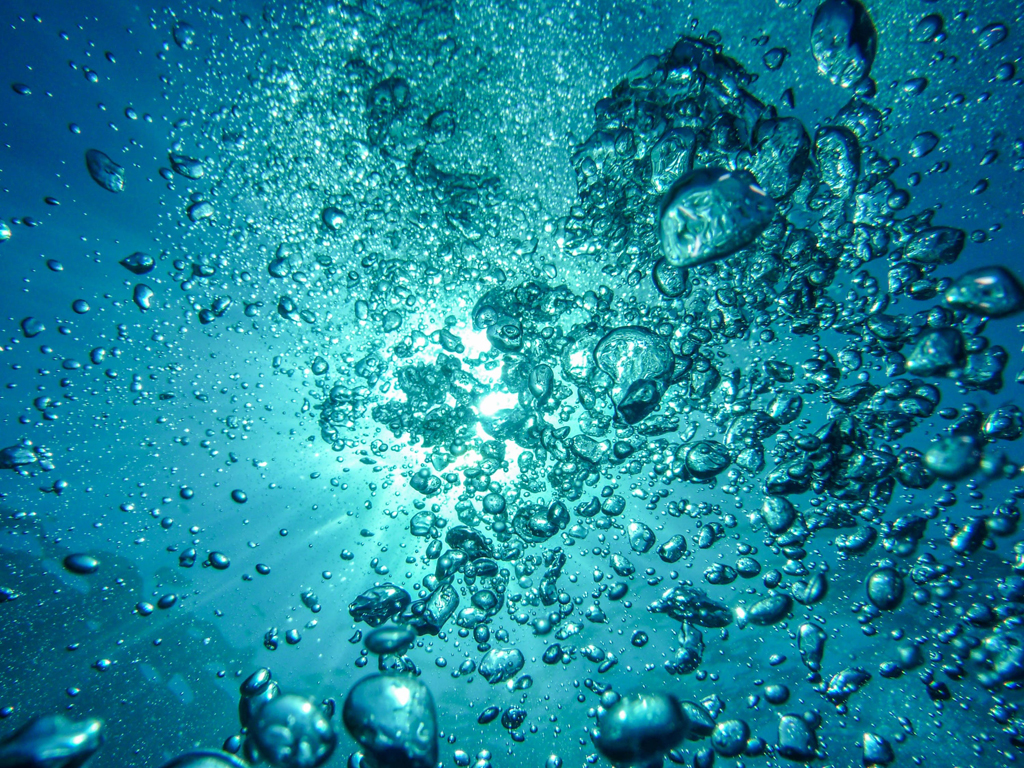
Water Values Arise through Water Relations

I come from an island where rivers are cherished ancestors. As affirmed by recent legislation, the Whanganui river is not a ‘water resource’ but an ‘indivisible and living whole’. What does this tell us about the value of water? Firstly, the Whanganui river clearly has a value that far exceeds any monetary valuation. But even more importantly, comparing this river to an icy asteroid, floating between Mars and Jupiter, I would argue that water does not have any intrinsic value. A river, or a pot of boiling water, is not the same thing as ‘water in abstract’; it is water in a specific context. It is in relation with societies, landscapes and ecosystems that water co-produces value. In other words, value is created when people, other living beings and technologies interact with water.
How does this perspective shape my understanding of the value of water? Firstly, no living being can survive without water. These ecological relations are the most crucial value of water. Water is essential for the whole biosphere, not just the part of the biosphere that we call ‘the economy’. I believe a shift in valuation is required: to focus on the living world that water sustains, rather than the value harnessed to water as a driver of planet-devouring growth.
Secondly, as water bodies, ecosystems and societies all change over time, the values created alongside water will also change. Compared to the approach of the Victorian engineers who began the construction of our drinking water network, current approaches to water governance are better at taking the ecological importance of water into account. But these approaches will continue to change. Future social, ecological and hydrological changes are unpredictable, especially changes in social priorities. Our priorities are also shaped by the relations with water that we have.
The combination of these two points means that the ‘value of water’ is not something that can be ‘optimised’ or ‘maximised’. Determining the values of water is a political question of how the priorities of different species, communities and industries are accommodated. In other words, decisions about which social and ecological relations are important. Current economistic methods of valuing water relations are unfolding alongside a devastating loss of freshwater species and habitats, and alongside a huge global inequity in access to safe water and sanitation. To change this situation, social and political movements are needed, where new ways of relating to water are made possible, and new values emerge.
Elliot Hurst, University of Stirling
